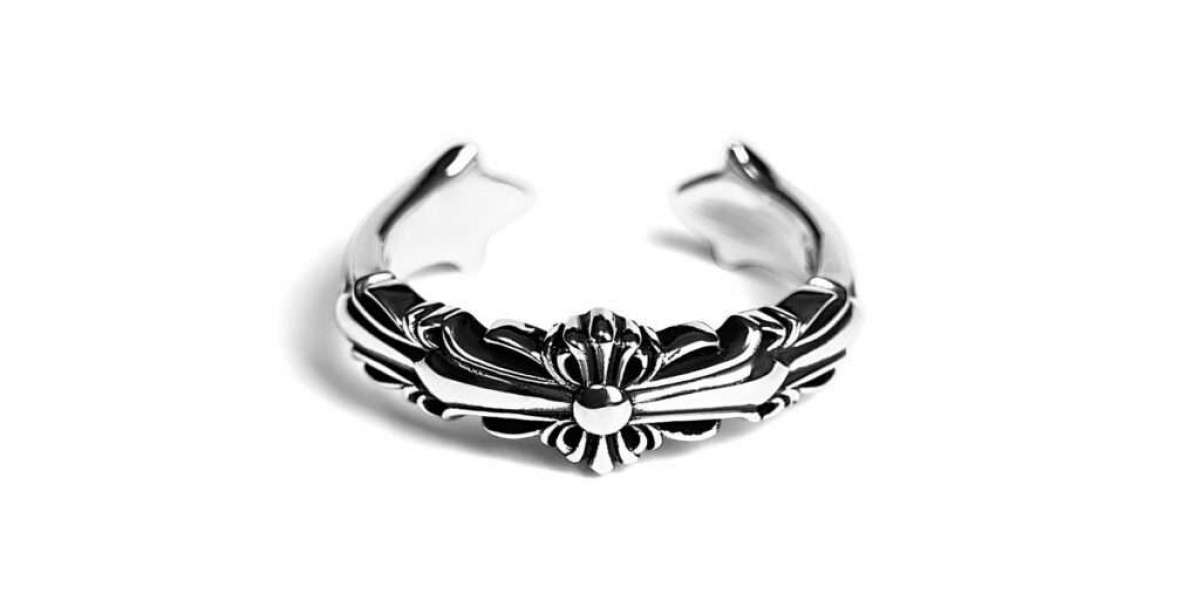Event security teams play a crucial role in ensuring that an event runs smoothly, remains secure, and is enjoyable for everyone involved. Whether it's a small gathering or a large-scale event, having a skilled security team in place can make all the difference in maintaining order and preventing disruptions. These professionals are tasked with managing crowd control, handling emergencies, and keeping the environment safe for guests, staff, and performers. But what exactly do event security teams do to keep your event safe and organized?
Pre-Event Planning and Risk Assessment
Before the event even begins, security teams are already hard at work. One of their key responsibilities is pre-event planning and risk assessment. This involves evaluating the potential risks and challenges that may arise during the event, such as overcrowding, disruptions, or safety hazards. The security team will conduct a thorough analysis of the venue, assess crowd sizes, and determine where potential vulnerabilities exist.
The team will also review the event's schedule, guest list, and any special considerations, such as VIP guests, performers, or sensitive areas that need extra protection. Based on this evaluation, they will devise a comprehensive security plan, which includes where to station security personnel, how to handle ticketing and entry, and what emergency protocols are in place. By addressing these potential risks early on, security teams can proactively mitigate any problems that may arise.
Access Control and Crowd Management
One of the most important functions of an event security team is access control. Ensuring that only authorized individuals are allowed to enter specific areas is critical in maintaining order and preventing potential security breaches. Security teams work closely with event organizers to establish entry points, ticket checks, and credentials for different areas of the venue, ensuring that only the appropriate people are granted access.
During the event, crowd management becomes another vital aspect of keeping things safe and organized. A well-managed crowd is essential for ensuring that people enjoy the event without causing any disturbances or creating safety hazards. Security teams are trained to spot signs of crowd surges, individuals engaging in disruptive behavior, and other potential risks. They use crowd control strategies such as barriers, security personnel stationed at key points, and communication systems to keep everything running smoothly.
In high-traffic areas, such as entrances, exits, and popular attractions, security personnel are stationed to guide guests and prevent overcrowding. Their presence provides a sense of order and reassurance, ensuring that attendees feel safe and confident during the event.
Emergency Response and First Aid
No matter how well-organized an event is, emergencies can still happen. Whether it's a medical issue, a fire, or an unexpected situation, event security teams are trained to respond quickly and effectively. In fact, a well-prepared security team will have a clear emergency response plan in place before the event begins. This plan covers how to handle different types of emergencies, including medical incidents, fires, or evacuation situations.
Security teams are often equipped with first aid training and can quickly provide assistance to those in need. In case of a medical emergency, they can coordinate with medical staff and ensure that the person receives the necessary care. If necessary, security personnel will also work with local authorities and emergency responders to ensure that the situation is handled swiftly and effectively.
Additionally, in case of any threats or incidents that could put attendees in danger, security personnel are trained in conflict resolution and de-escalation techniques. These methods help to calm down any disruptive individuals and prevent the situation from escalating into a more serious problem.
Communication and Surveillance
Effective communication and surveillance systems are critical to the success of any event security team. Throughout the event, security teams rely on two-way radios, walkie-talkies, and other communication tools to stay connected with one another and event organizers. This allows for seamless coordination, allowing them to respond quickly to any situation that arises.
Surveillance cameras are another essential part of event security. These cameras monitor key areas of the venue, such as entrances, exits, stages, and common areas. By keeping a constant watch, security teams can identify potential threats before they escalate and intervene quickly if needed. Surveillance footage can also serve as evidence in case of an incident, helping to resolve any disputes or investigate security breaches.
Security personnel are trained to monitor live feeds, spot suspicious behavior, and act quickly in the event of an emergency. Their ability to observe the crowd and recognize potential risks in real-time is one of the main reasons why events with professional security teams are much safer than those without.
Dealing with Unforeseen Circumstances
Events are dynamic, and no matter how much planning goes into them, there will always be unforeseen circumstances that arise. These can include anything from inclement weather, technical malfunctions, or last-minute changes to the schedule. In such cases, security teams must be flexible and ready to adapt.
For example, if a sudden storm forces the event to relocate or postpone, security personnel will assist in guiding guests to safety, coordinating the evacuation, or helping to re-schedule activities. Their ability to think on their feet and make quick decisions is essential in maintaining a safe environment for all involved.
Post-Event Security
Once the event is over, the role of the security team doesn’t end. Post-event security includes ensuring that the venue is secured, staff and guests leave the premises safely, and any lost property is retrieved. Security personnel will help with crowd dispersal, ensuring that people leave the venue in an orderly manner and that no one is left behind or stranded.
They also assist in making sure that the venue is secured and that no unauthorized individuals are left on the premises after the event has concluded. Additionally, they conduct a thorough sweep of the area to ensure that all equipment and personal belongings are accounted for and that no security risks remain.
Conclusion
The importance of an event security team cannot be overstated. From pre-event planning to post-event security, their work ensures that your event remains safe and organized throughout the entire process. With their expertise in crowd management, emergency response, and surveillance, they create an environment where guests can relax and enjoy the event without worry. By investing in a professional security team, event organizers can focus on delivering a memorable experience while leaving the safety and organization to the experts.
By highlighting the vital role of event security teams, organizers can ensure their events are safe, controlled, and prepared for any challenges that may arise.
Intraguard is one of the leading private security companies, offering a wide range of services including manned guarding, patrolling, CCTV surveillance, reception management, and guard dog patrols across the UK.



